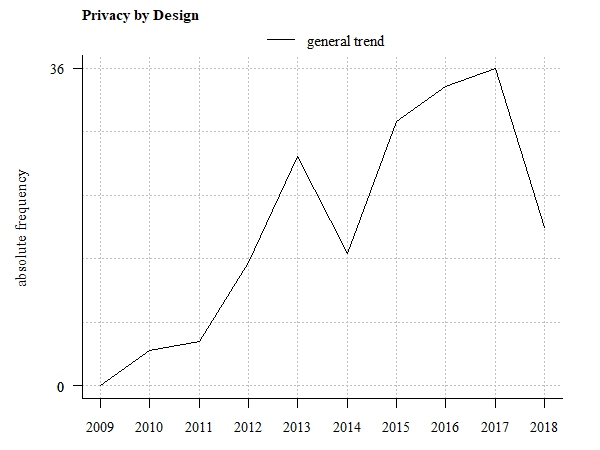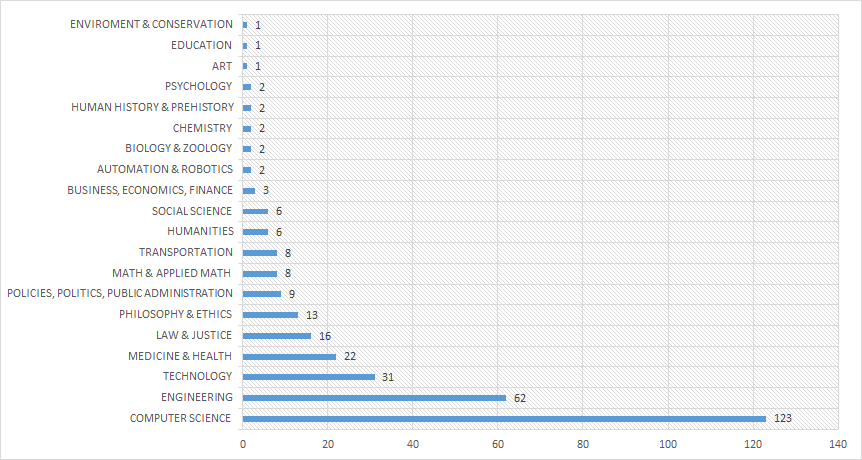Open data - Download the Knowledge base
You are free to download the data of this Knowledge base.
To do this you must be an authenticated user: log in or sign in now.
All the data are licensed as Creative Common CC-BY 4.0.
Privacy by design is an approach that promotes privacy and data protection compliance throughout the whole system engineering process. The Information & Privacy Commissioner of Ontario has taken a leading role in developing the privacy by design concept, establishing a reference framework of “Seven foundational principles of privacy by design” with respect to a proactive, transparent and user-centric engineering process. [1][2]
The 7 principles are:
• Proactive not Reactive; Preventative not Remedial
• Privacy as the Default setting
• Privacy Embedded into Design
• Full Functionality – Positive-Sum, not Zero-Sum
• End-to-End Security – Full Lifecycle Protection
• Visibility and Transparency – Keep it Open
• Respect for User Privacy – Keep it User-Centric


| Agenda Setting | Policy Design and Analysis | Policy Implementation | Policy Monitoring and Evaluation | |
|---|---|---|---|---|
| Agriculture, Fisheries, Forestry & Foods | ||||
| Economy & Finance | ||||
| Education, Youth, Culture & Sport | ||||
| Employment & Social Security | ||||
| Environment & Energy | ||||
| Health | ||||
| Foreign Affairs and Defence | ||||
| Justice, Legal System & Public Safety | ||||
| Public Affairs | ||||
| Innovation, Science & Technology | ||||
| Urban Planning & Transport | ||||
| Institutional Questions / Internal Affairs |
You are free to download the data of this Knowledge base.
To do this you must be an authenticated user: log in or sign in now.
All the data are licensed as Creative Common CC-BY 4.0.
Google and Privacy by Design
In July 2018, the European Commission has fined Google EUR 4.34 billion for illegal practices regarding Android mobile devices to strengthen the dominance of Google's search engine. [1]
With its illegal practices, Google not only violated the EU antitrust rules but also the seven principles of privacy by design. The pre-installment of Google Search and Google Chrome on Android devices as a condition for licensing the Playstore as well as the prevention of so-called „Android forks“ is a fundamental interference in the freedom of choice and the personal control over the data flows of the endusers.
The change of Google’s Privacy Policy in 2012 in combination with the pre-installment of Google services and apps on most Android devices gave Google the possibility to combine the private data retrieved from each Google service. That happened without providing the endusers with an adequate opt-out mechanism. [2]
Google’s reaction to the penalty is the introduction of a Licensing model which will come into effect on October 29, 2018. The Licensing model now distinguishes between Google Search App and Chrome browser (Google’s most important revenue streams) and the rest of Google‘s app suite which manufacturers now have to pay a license fee for. [3]
It is indeed questionable if this new model guarantees the users more control on what is happening with their private data, but it at least offers them more choices by opening the Android market for other service providers who integrated the PbD principles.
[1] European Commission (2018), Antitrust: Commission fines Google €4.34 billion for illegal practices regarding Android mobile devices to strengthen dominance of Google's search engine, http://europa.eu/rapid/press-release_IP-18-4581_en.htm, retrieved Oktober 18, 2018.
[2] Rubenstein, I., Good, N. (2013), Privacy by Design: A Counterfactual Analysis of Google and Facebook Privacy Incidents, https://scholarship.law.berkeley.edu/cgi/viewcontent.cgi?referer=&httpsredir=1&article=2007&context=btlj, retrieved Oktober 18, 2018.
[3] Lockheimer, H. (2018), Complying with the EC’s Android decision, https://www.blog.google/around-the-globe/google-europe/complying-ecs-android-decision/, retrieved October 18, 2018.